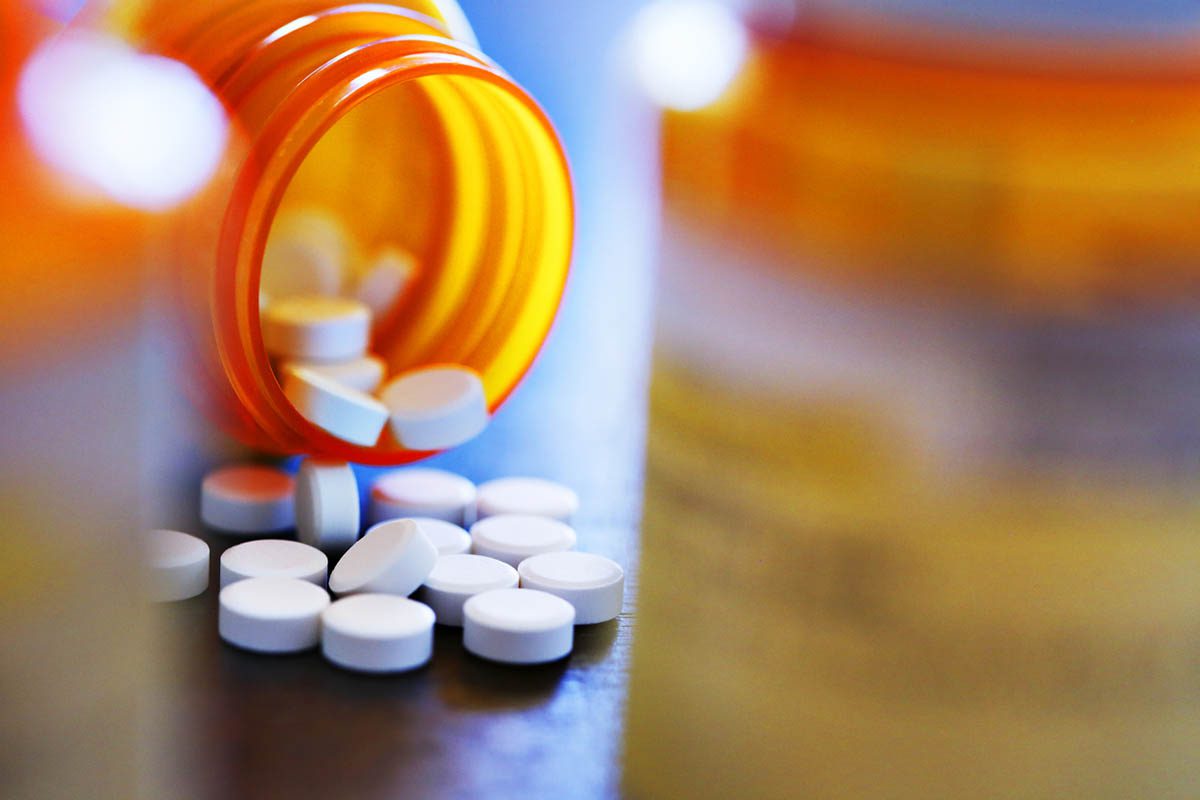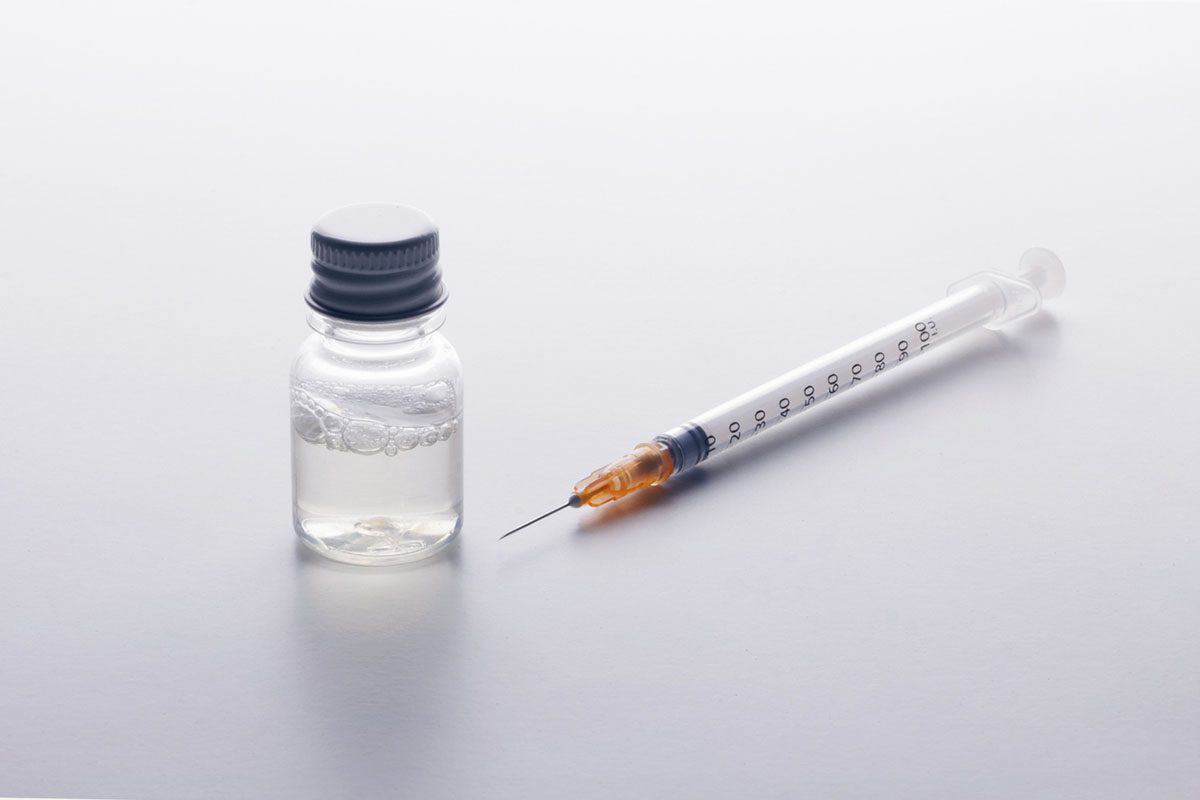A Case of Reversible Erectile Dysfunction With Topiramate for Alcohol Dependence
To the Editor: There is preliminary evidence that topiramate may reduce consumption in alcohol dependence.1,2 Topiramate is generally well-tolerated despite risks of suicidal thinking, paresthesias, renal stones, and cognitive dysfunction. There are also several case studies reporting erectile dysfunction (ED) with topiramate.3-6 I present a case of a man with alcoholism who developed reversible ED after a trial of low-dose topiramate.
Case report. Mr A, a 52-year-old man with hypertension well-controlled with irbesartan and hydrochlorothiazide, hypothyroidism treated with levothyroxine, and obesity (body mass index = 31), presented to an intake appointment at an outpatient substance program after completion of inpatient rehabilitation for alcohol dependence, per DSM-IV-TR criteria. He did not require a detoxification. Prior to the rehabilitation, he had been drinking 6 to 8 mixed drinks 3 or 4 times a week and denied blackouts, withdrawals, delirium tremens, hallucinoses, or seizures. He had no prior history of depression, anxiety, or bipolar or other psychiatric disorders and had received no prior psychiatric medications or treatment. Physical examination, electrocardiogram, urinalysis, and blood tests, including a comprehensive metabolic panel, complete blood count, and thyroid and lipid panel, done 6 weeks prior by his internist revealed no abnormalities.
The patient and psychiatrist discussed pharmacologic options for alcohol dependence. Mr A was offered naltrexone but declined. He agreed to topiramate (aware that it was not approved by the US Food and Drug Administration for the treatment of alcohol dependence), mainly because of its favorable effect on weight. He tolerated 1 week of topiramate 25 mg at bedtime without complaint. On day 8, after topiramate was increased to 50 mg/night, he complained that he could not attain or sustain an erection during intercourse but was able to ejaculate. He denied any past ED, even during alcohol consumption, and said he had achieved morning erections most days including while on treatment with topiramate 25 mg/night. He denied any decrease in libido or other sexual dysfunction. The ED persisted for another day until the patient notified the psychiatrist and was advised to stop topiramate treatment. He reported no changes in mood or other side effects. Forty-eight hours later, he reported having normal sexual function again and no further ED. His urine drug screens remained negative. He declined any further work-up since his symptoms resolved.
This is the first known reported case of topiramate-induced ED in a patient taking the medication for alcohol dependence. The other known cases of ED are in patients taking topiramate for epilepsy. In most cases, the erectile problems were dose-dependent (with symptom development at doses ranging from 50 to 300 mg), and in all cases were reversible after discontinuation of the medication.3-6 Topiramate has also been reported to cause anorgasmia in patients taking the medication for migraines.7,8
It has been postulated that topiramate induces its effects on sexual function via a vasogenic mechanism.5 Some authors postulated that topiramate causes ED by reducing free testosterone levels or affecting α-amino-3-hydroxy-5-methyl-4-isoxazolepropionic acid glutamatergic pathways, which affect penile blood flow.9,10
Despite associated risk factors (including hypertension and obesity), multiple findings—the absence of a past history of sexual dysfunction, the rapid onset of ED in the context of low-dose topiramate, and resolution after discontinuation—suggest that topiramate was the causative agent. It is important to advise patients with alcohol dependence who are receiving off-label topiramate that ED is possible even at lower doses.
References
1. Johnson BA, Rosenthal N, Capece JA, et al; Topiramate for Alcoholism Study Group. Topiramate for treating alcohol dependence: a randomized controlled trial. JAMA. 2007;298(14):1641-1651. PubMed doi:10.1001/jama.298.14.1641
2. Shinn AK, Greenfield SF. Topiramate in the treatment of substance-related disorders: a critical review of the literature. J Clin Psychiatry. 2010;71(5):634-648. PubMed doi:10.4088/JCP.08r04062gry
3. Holtkamp M, Weissinger F, Meierkord H. Erectile dysfunction with topiramate. Epilepsia. 2005;46(1):166-167. PubMed doi:10.1111/j.0013-9580.2005.41504.x
4. Calabrײ RS, Bramanti P, Italiano D, et al. Topiramate-induced erectile dysfunction. Epilepsy Behav. 2009;14(3):560-561. PubMed doi:10.1016/j.yebeh.2009.01.004
5. Civardi C, Collini A, Gontero P, et al. Vasogenic erectile dysfunction topiramate-induced. Clin Neurol Neurosurg. 2012;114(1):70-71. PubMed doi:10.1016/j.clineuro.2011.07.018
6. Hung LC, Chow JC, Chang CY, et al. Topiramate related reversible erectile dysfunction in temporal lobe epilepsy. Neurol Sci. 2012;33(2):331-333. PubMed doi:10.1007/s10072-011-0683-4
7. Sun C, Lay C, Broner S, et al. Reversible anorgasmia with topiramate therapy for headache: a report of 7 patients. Headache. 2006;46(9):1450-1453. PubMed doi:10.1111/j.1526-4610.2006.00587.x
8. Newman LC, Broner SW, Lay CL. Reversible anorgasmia with topiramate therapy for migraine. Neurology. 2005;65(8):1333-1334. PubMed doi:10.1212/01.wnl.0000180406.42944.6d
9. Calabrײ RS. Topiramate and erectile dysfunction: pathogenic mechanisms beyond sexual hormonal changes! Clin Neurol Neurosurg. 2012;114(7):1114. PubMed doi:10.1016/j.clineuro.2012.01.025
10. Calabrײ RS. Topiramate and sexual dysfunction: myth or reality? Epilepsy Behav. 2013;27(2):424. PubMed doi:10.1016/j.yebeh.2013.02.002
Author affiliations: Department of Psychiatry, Icahn School of Medicine at Mount Sinai, New York, New York; Silver Hill Hospital, New Canaan, Connecticut; and Department of Psychiatry, Yale University School of Medicine, New Haven, Connecticut.
Potential conflicts of interest: None reported.
Funding/support: None reported.
Published online: January 2, 2014.
Prim Care Companion CNS Disord 2014;16(1):doi:10.4088/PCC.13l01565
© Copyright 2014 Physicians Postgraduate Press, Inc.





